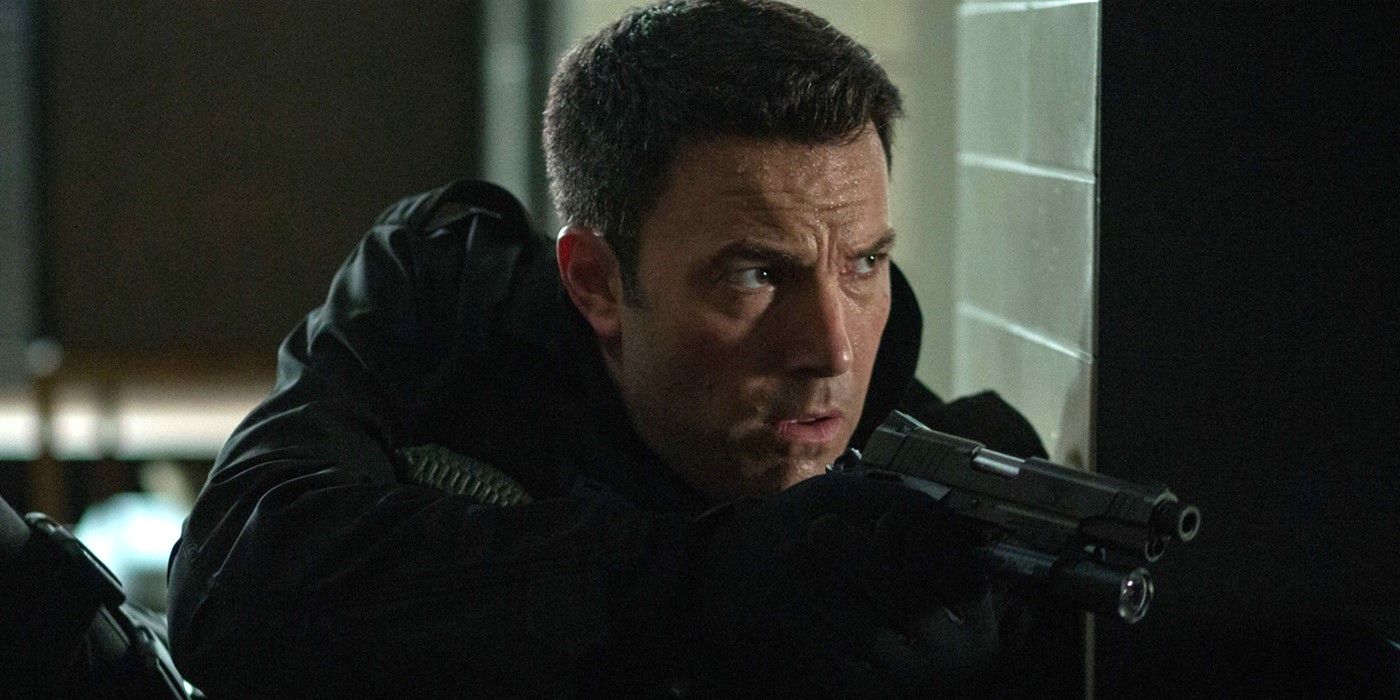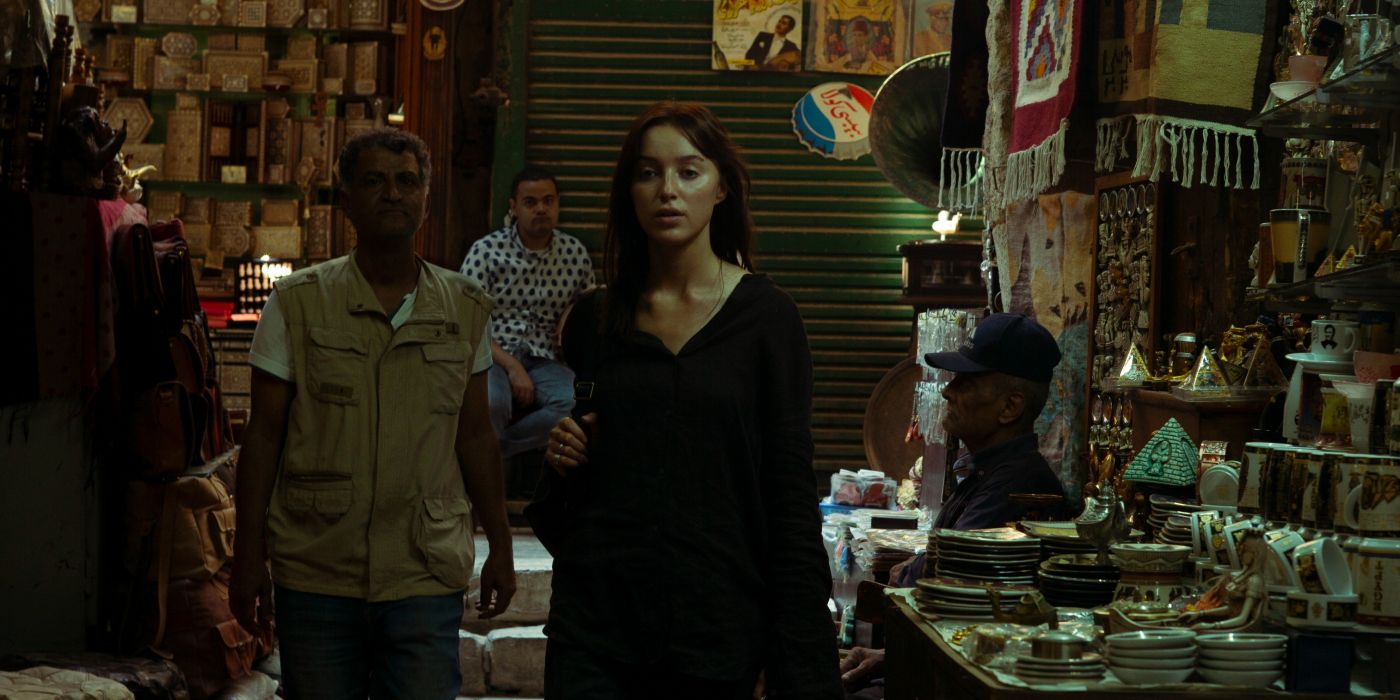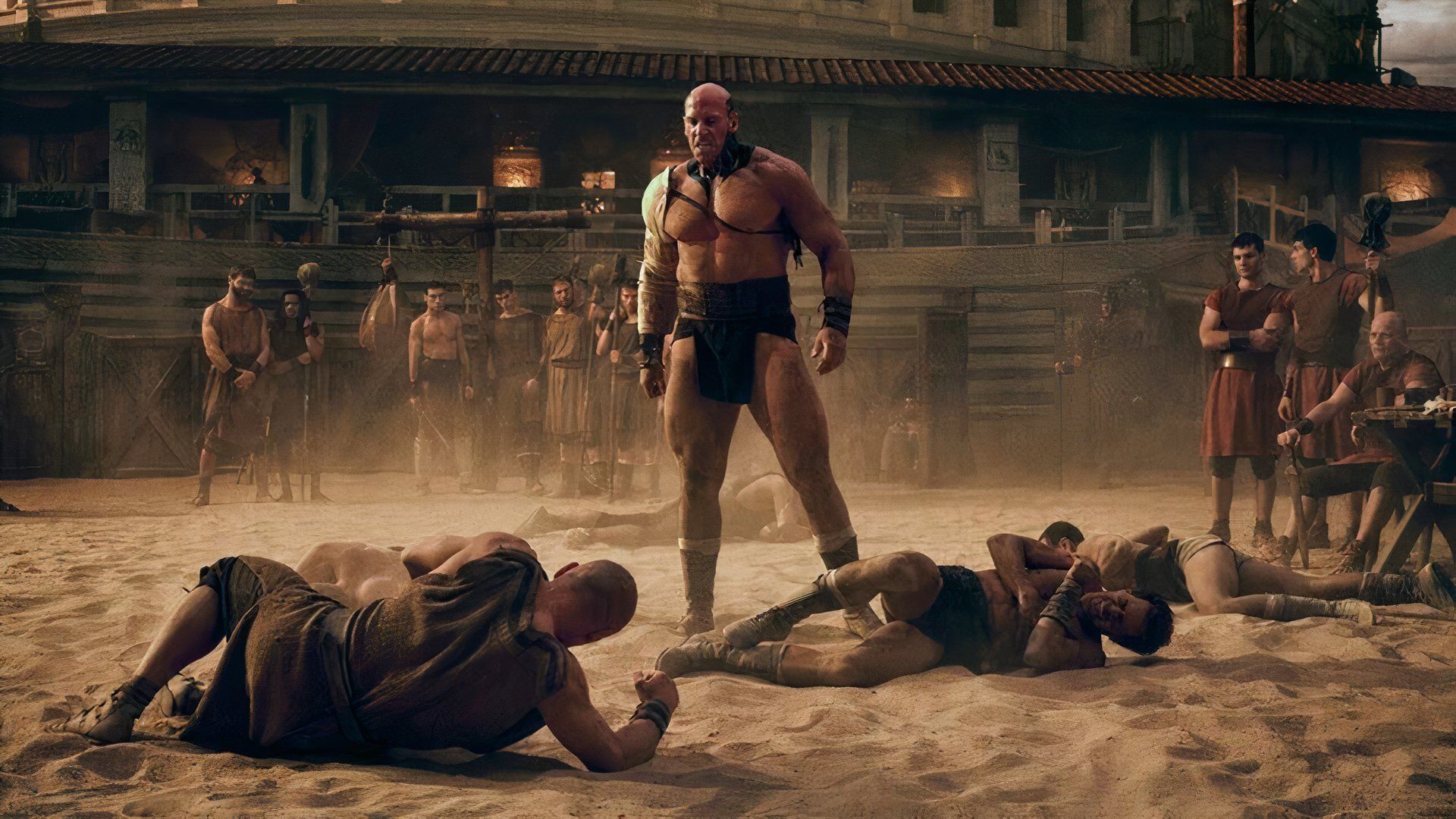The men’s names are Joe Eldred, Mike Foreman, Ed Gavagan, Dan Laurine, Michael Sandridge, & Tom Viviano—and it feels important to name them as this is really their film as much as Greene’s. He gives them the credit of “Made in Consultation with…” to make that clear. The six men are approached to participate in a drama therapy project in which they will write, produce, direct, and star in short films of their choosing. Some are literal reenactments of trauma, while others feel more like the nightmares that have haunted these men. All of them feel like they center the rituals of the Catholic church, almost as a reclamation of them, almost like an expose as to how they disguise evil.
Each man’s arc and where they’re on it feels different. One aims his blinding rage at a judicial system that protects criminals by often speaking of how statutes of limitations punish those who are unwilling to address their trauma earlier and should be abolished in cases like his (he’s right). Another has repressed the identities of his attackers deep in his memory, while another is in the middle of a potential legal charge against his. They often feel like they have different motives for the project too from healing to vengeance to reclamation. The same young actor plays each of the six men in the films and one of them says it’s to highlight the shared experience—they are all this boy—and yet they are also all so distinctly captured, revealing how there is no one story of abuse or recovery.
One of the many incredibly powerful aspects of “Procession,” and what it feels like Greene really starts to center without cheap filmmaking techniques, is how much these men come to rely on each other. In some of the most moving scenes, they accompany one another to locations, trying to find houses or places they were abused that they haven’t seen since that day, and likely never would have considered revisiting without an ally by their side. And they act in each other’s films, sometimes playing the actual abuser, while also helping them through writing and healing. Greene clearly cares a great deal for these men, treating them with such grace and respect through every process of what must have been a very difficult project in terms of its emotional toll.
You can view the original article HERE.





























